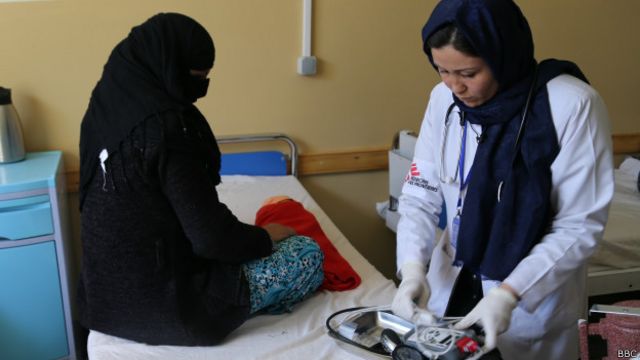RASC News Agency: According to the United Nations High Commissioner for Refugees, it is an unfortunate reality that a significant portion of Afghanistan’s population, particularly those residing in remote regions, lack access to essential healthcare services. In fact, they assert that Afghanistan bears the unfortunate distinction of having one of the highest rates of child and maternal mortality in the world.
In a poignant declaration shared on the X social network on Monday, the 29th of October, this institution revealed that in 2020 alone, a staggering average of 20 women in Afghanistan lost their lives daily during childbirth or pregnancy. This distressing statistic underscores the urgent need for comprehensive measures to tackle the rampant maternal and child mortality crisis in the country.
Stepping up to address this critical issue, the United Nations High Commissioner for Refugees has launched a commendable two-year program aimed at combating maternal and child mortality in remote areas of Afghanistan. As part of this endeavor, healthcare training is being provided to students hailing from these underserved regions. By the culmination of their studies, these students will be awarded a well-deserved diploma, providing them with tangible recognition of their dedication and commitment.
Beyond the invaluable education imparted through this program, the United Nations High Commissioner for Refugees assures that it will also pave the way for promising future job prospects for the students. By equipping them with essential healthcare skills and knowledge, these individuals can assume crucial roles within their communities, contributing to the betterment of healthcare accessibility and ultimately saving precious lives.
It is important to mention that the World Health Organization has previously brought attention to the alarming situation in Afghanistan, where countless mothers and children tragically lose their lives each year.






